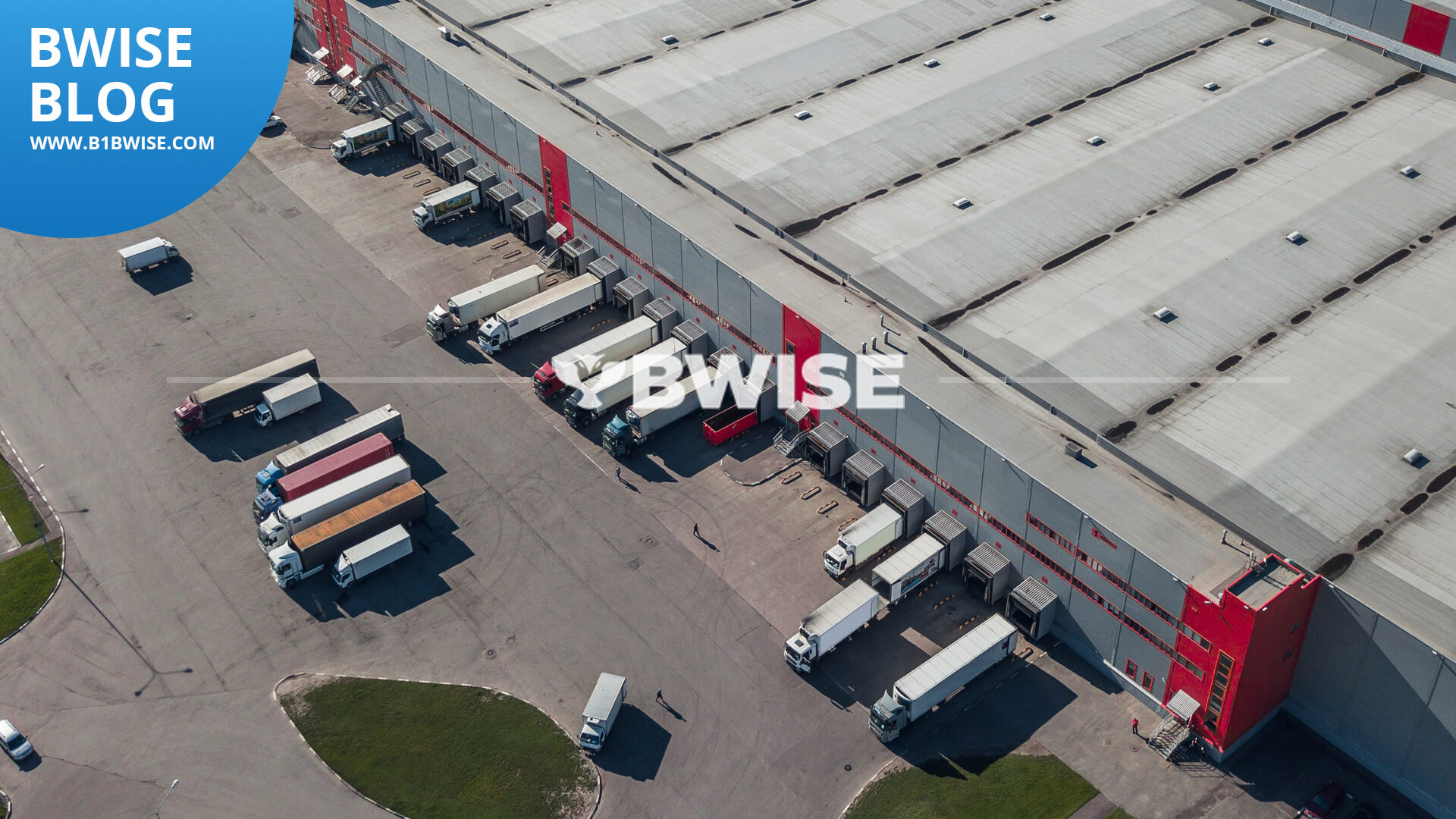
In the dynamic landscape of logistics and supply chain management, the integration of advanced technologies is becoming increasingly vital for businesses to stay competitive. One such technology that has revolutionized the way third-party logistics (3PL) operations are managed is Enterprise Resource Planning (ERP). In this blog post, we will delve into the importance of ERP in 3PL operations, exploring how this powerful tool enhances efficiency, connectivity, and overall performance in the ever-evolving logistics industry.
Understanding 3PL Operations:
Before we delve into the significance of ERP in 3PL, it’s crucial to comprehend the intricacies of 3PL operations. Third-party logistics providers play a pivotal role in facilitating the movement of goods from manufacturers to consumers. These providers manage a range of logistics functions, including transportation, warehousing, distribution, and fulfillment services. As 3PL operations involve complex and interconnected processes, the need for streamlined and integrated solutions becomes paramount.
The Role of ERP in 3PL Operations:
Unified Data Management:
ERP systems act as a centralized hub for data management in 3PL operations. By integrating various functions such as inventory management, order processing, and transportation management, ERP ensures that real-time data is accessible across the entire supply chain. This unified data approach minimizes errors, reduces redundancy, and enhances the accuracy of information, thereby improving decision-making processes.
Efficient Order Processing:
One of the key challenges in 3PL operations is the efficient processing of orders. ERP systems automate and optimize order processing workflows, reducing the time required for order fulfillment. This results in faster delivery times, improved customer satisfaction, and a competitive edge in the market. Additionally, ERP enables real-time tracking of orders, providing visibility into the entire supply chain and enabling proactive problem-solving.
Inventory Optimization:
Effective inventory management is critical for 3PL providers to meet customer demands while minimizing costs. ERP systems offer real-time insights into inventory levels, demand forecasts, and stock movements. This allows 3PL providers to optimize their inventory, prevent stockouts, and reduce excess inventory holding costs. The ability to synchronize inventory data across the supply chain ensures that all stakeholders are working with accurate and up-to-date information. Remember, as a 3PL, remember you are managing your customer’s inventory. Its accuracy is a direct financial liability. It is also critical to accurately manage each of the transactions associated with that inventory – this is your revenue.
Enhanced Communication and Collaboration:
ERP systems facilitate seamless communication and collaboration among different stakeholders in the supply chain. Whether it’s suppliers, manufacturers, or transportation partners, ERP ensures that all parties are on the same page. This enhanced connectivity reduces the risk of miscommunication, delays, and errors in 3PL operations. Improved collaboration also leads to better coordination in managing logistics processes, ultimately boosting overall efficiency.
Data-driven Decision-Making:
In the fast-paced world of logistics, timely and informed decision-making is crucial. ERP systems leverage data analytics and reporting tools to provide 3PL providers with valuable insights into their operations. By analyzing key performance indicators (KPIs) and trends, businesses can identify areas for improvement, optimize processes, and make strategic decisions that positively impact the bottom line.
Compliance and Regulatory Requirements:
3PL operations often involve navigating a complex web of compliance and regulatory requirements. ERP systems help businesses stay compliant by automating processes related to documentation, reporting, and adherence to industry standards. This not only reduces the risk of fines and penalties but also enhances the reputation of 3PL providers as reliable and trustworthy partners.
Scalability:
ERP systems are scalable, allowing 3PL providers to adapt to changing business needs. Whether it’s an increase in order volume or expansion into new markets, your ERP system must grow and flex with the business.
Document Management:
ERP must assist in managing and organizing documents (and revisions thereof) related to shipments, invoices, and compliance. This centralized document management system reduces the risk of lost or misplaced documents and ensures easy access when needed.
Employee Productivity:
ERP automates routine tasks, freeing up employees to focus on more strategic, value-add activities. This not only increases overall productivity but also reduces the likelihood of errors associated with manual data entry.
Customer/Supplier Relationship Management:
ERP systems help 3PL providers manage relationships with customers/suppliers efficiently. This includes tracking supplier performance, managing procurement processes, and ensuring a steady supply of goods.
Conclusion:
In conclusion, the integration of ERP in 3PL operations is a game-changer for businesses aiming to thrive in the competitive logistics landscape. By providing a unified platform for data management, streamlining processes, and enhancing communication, ERP systems contribute significantly to the revenue, efficiency and success of 3PL providers. As technology continues to advance, embracing ERP solutions will become increasingly essential for staying ahead in the ever-evolving world of logistics and supply chain management. For more information regarding the benefits of ERP can in 3PL, Request a Demo. Remember B1 – BWISE!

